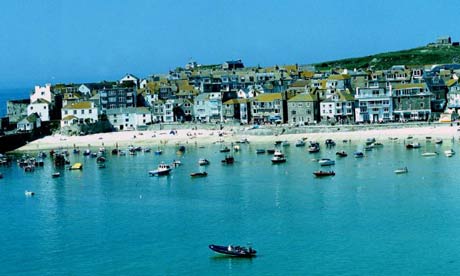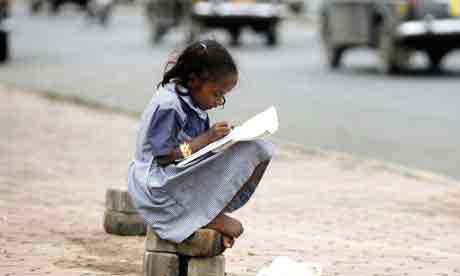
Builders. Nannies. Engineers. Fruit pickers. Hard working Poles have been earning pounds and providing extra labour since 2004. What if they all decide to leave?
This blog has been created, by Mr O'Callaghan to share Geography online resources and websites with the Geography students of Kingdown Community School Warminster Wiltshire.

Builders. Nannies. Engineers. Fruit pickers. Hard working Poles have been earning pounds and providing extra labour since 2004. What if they all decide to leave?
 The Mega-Cities Project is a transnational, non-profit network of leaders from government, business, non-profits, grassroots groups, academia and media, dedicated to sharing innovative solutions to the problems they face in common.
The Mega-Cities Project is a transnational, non-profit network of leaders from government, business, non-profits, grassroots groups, academia and media, dedicated to sharing innovative solutions to the problems they face in common.

In 1992 the International Conference on Water and the Environment held in Dublin, Ireland, produced four key principles to guide policies for water and sustainable development. Known as the Dublin Principles, they represent the current international consensus on ‘best practices’ in the water sector:


An infestation of rats is creating severe food shortages in the impoverished Chittagong Hill Tracts region of Bangladesh, close to the borders of India and Burma.

Ethical shopping just got more complicated. The idea that only local produce is good is under attack. There is growing evidence to suggest that some air-freighted food is greener than food produced in the UK.
How the myth of food miles hurts the planet | Environment | The Observer


All cars on the road today contribute to climate change because their engines burn fuel and therefore produce carbon dioxide (CO2) every time we drive. Yet you can easily reduce these emissions and save money too. By following a few simple tips and suggestions you can reduce your engine's workload, which means it will burn less fuel and produce less CO2.

New York. Shanghai. London. Mexico City. Johannesburg. Berlin. Mumbai. São Paulo. Istanbul. These cities will provide the testing ground for our urban future.
The late 20th Century was the age of economic globalisation. The first part of the 21st Century will be the age of the city, the ‘Urban Age.’ For the first time in the history of humanity, more than half of the earth’s population lives in an urban area. In China, India, Africa, and Latin America, urban populations are exploding and cities are growing exponentially. At the same time, many developed cities are shrinking and being radically restructured as a result of shifting economic bases and new patterns of migration. With investment in urban real estate, infrastructure and renovation becoming the driving force behind economic growth, the physical and social landscapes of the city are being powerfully altered.

South Africa could be split into two time zones to ease a crippling energy crisis, a top official has said.This would stagger peak demand across the country, the director of public enterprise told parliament. Portia Molefe said the move could lead to an energy saving of about 200 MW but that the idea needed further study. Last month Minerals and Energy Minister Bujelwa Sonjica said South Africans should consider going to bed early to save electricity.

It is one of the most seismic changes the world has ever seen. Across the globe there is an unstoppable march to the cities, powered by new economic realities. But what kind of lives are we creating? And will citizens - and cities - cope with the fierce pressures of this new urban age?

More than 300,000 Britons own second homes and in some areas they have forced prices so high that local people cannot afford to buy. As the search for affordable housing becomes more acute, Lisa Bachelor speaks to those affected by the housing crisis in the British countryside

The Indian government today announced a scheme to pay poor families to give birth to and bring up girls in an attempt to stop families nationwide aborting an estimated half a million female foetuses a year.
Families in seven states are set to benefit from cash payments amounting to 15,500 rupees (£193) to keep and bring up their female children.

Almost one million households in rural England live in poverty, a study says.The report, by the government's rural advocate, Stuart Burgess, says many people living and working in the countryside have prosperous lifestyles.
VIDEO CLIP Problems facing people in rural areas
PDF of report "Tackling Rural disadvantage"
LINK to The problem with rural Britain

